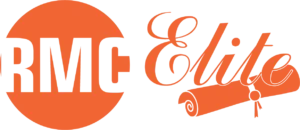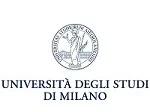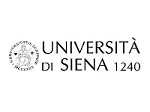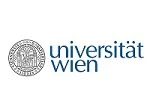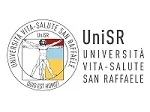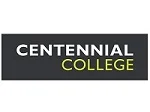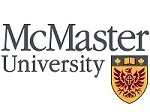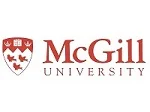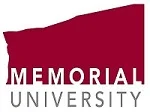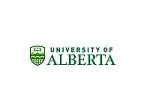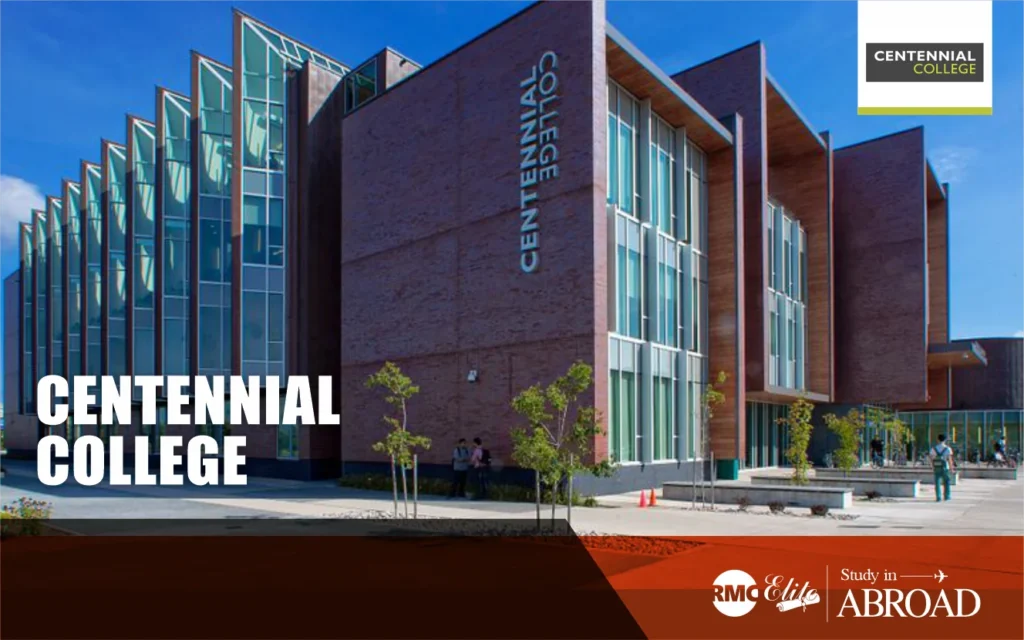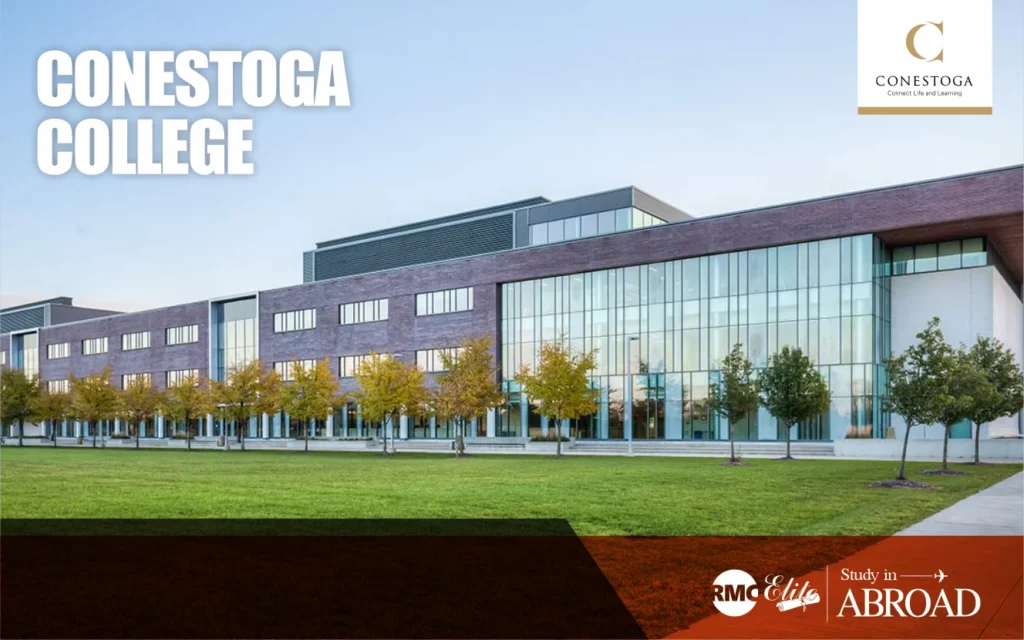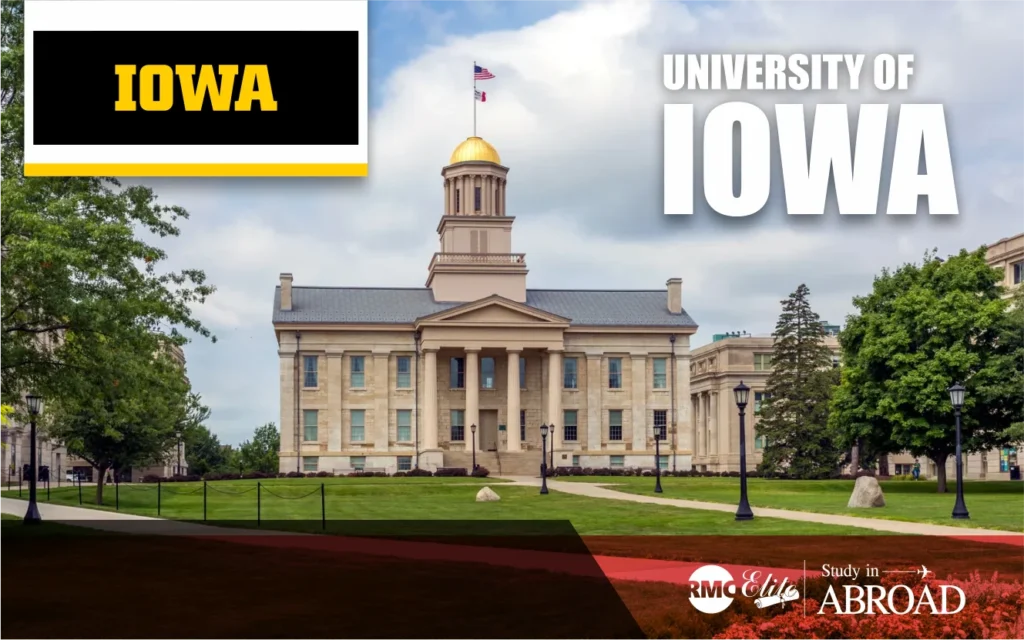
About University of Iowa
The University of Iowa, commonly known as UIowa, is a public research university located in Iowa City, Iowa. It was established in 1847 and is the oldest university in the state Iowa is known for its strong liberal arts programs and is often ranked as one of the top public universities in the country. The university has a diverse range of academic programs, with more than 200 areas of study available to students. Some of its most popular programs include business, education, engineering, and health sciences. The University of Iowa is also home to the prestigious Iowa Writer’s Workshop, which has produced many famous writers, including Flannery O’Connor and Kurt Vonnegut.
Iowa has a beautiful and spacious campus that covers over 1,900 acres and is known for its stunning architecture and beautiful landscapes. The university is also home to numerous research facilities and museums, including the Museum of Natural History, the Old Capitol Museum, and the UIowa Hospitals and Clinics. In addition to its academic programs, Iowa is also a vibrant community, with a wide range of student organizations and activities. There are over 600 student organizations on campus, ranging from cultural groups to sports clubs to service organizations. The university also has a strong athletic program, with its Hawkeyes competing in the Big Ten Conference.
In conclusion, The University of Iowa is a well-respected and highly regarded public research university that offers a strong education and a vibrant community. With its beautiful campus, diverse academic programs, and numerous opportunities for student engagement, it is no wonder that Iowa is a popular destination for students from all over the world.
Why Study in University of Iowa?
There are several reasons why students might choose to study at The University of Iowa. Some of the most compelling reasons include:
- Strong academic programs: Iowa offers more than 200 areas of study and has a strong reputation for its liberal arts programs, as well as its Colleges of Education, Business, Engineering, Medicine, Dentistry, and Nursing.
- Beautiful campus: Iowa’s campus covers over 1,900 acres and is known for its stunning architecture, lush landscapes, and world-class facilities, including museums and research centres.
- Vibrant student life: With over 600 student organizations and numerous opportunities for student engagement, Iowa provides a dynamic and engaging environment for students.
- Athletics: Iowa is a proud member of the Big Ten Conference and has a rich tradition of athletics, providing students with the opportunity to engage in sports and support the Hawkeyes.
- Location: Iowa City is a vibrant and culturally rich community that provides students with an exceptional environment in which to live and learn.
- Research opportunities: Iowa is a top-ranked research university, providing students with numerous opportunities to engage in cutting-edge research projects and work alongside world-renowned scholars.
- Career preparation: Iowa provides students with a well-rounded education and numerous opportunities for professional development, preparing them for successful careers after graduation.
In conclusion, The University of Iowa provides students with an exceptional educational experience, combining strong academic programs, a beautiful campus, and a vibrant student life in a supportive and engaging environment. Whether you are interested in pursuing a degree in the liberal arts, business, education, or any other field, Iowa is a great place to consider for your college education.
The University of Iowa offers a wide range of academic programs
The University of Iowa offers a wide range of undergraduate, postgraduate, and doctoral (PhD) programs in various fields of study. Some of the programs offered at the University of Iowa include:
Undergraduate Programs
- Accounting
- Aerospace Engineering
- African American Studies
- American Studies
- Anthropology
- Applied Physics
- Art
- Astronomy
- Biochemistry
- Biology
- Biomedical Engineering
- Business Analytics and Information Systems
- Chemical Engineering
- Chemistry
- Cinema and Comparative Literature
- Civil Engineering
- Classical Studies
- Communication Studies
- Computer Science
- Creative Writing
- Dance
- Economics
- Education
- Electrical Engineering
- Elementary Education
- English and Creative Writing
- Enterprise Leadership
- Environmental Policy and Planning
- Environmental Sciences
- Finance
- French and Francophone World Studies
- Gender, Women’s, and Sexuality Studies
- Geographical and Sustainability Sciences
- Geology
- German
- Global Health Studies
- Health and Human Physiology
- History
- Human Rights
- Industrial Engineering
- International Relations
- Italian
- Japanese
- Journalism and Mass Communication
- Linguistics
- Management
- Marketing
- Mathematics
- Mechanical Engineering
- Medical Laboratory Science
- Microbiology
- Music
- Neuroscience
- Nursing
- Occupational Therapy
- Philosophy
- Physics
- Political Science
- Psychology
- Religious Studies
- Russian, East European, and Eurasian Studies
- Social Justice
- Social Work
- Sociology
- Spanish and Portuguese
- Speech and Hearing Science
- Sport and Recreation Management
- Statistics
- Theatre Arts
- Therapeutic Recreation
- Women’s and Gender Studies
Postgraduate Programs
- Accounting
- Anthropology
- Applied Mathematics
- Architecture
- Art and Art History
- Athletic Training
- Biochemistry
- Biomedical Engineering
- Business Administration (MBA)
- Chemical and Biochemical Engineering
- Civil and Environmental Engineering
- Communication Studies
- Comparative Literature
- Computer Science
- Creative
- Writing Earth and Environmental Sciences
- Education (M.Ed., M.A., Ph.D.)
- Electrical and Computer Engineering
- Film and Video Production
- Finance
- Genetics
- Health Administration
- Industrial and Systems Engineering
- Journalism and Mass Communication
- Law (JD, LLM)
- Library and Information Science
- Linguistics
- Management and Organizations
- Marketing
- Mechanical Engineering
- Medical Physics
- Medicine (MD)
Molecular and Cellular Biology - Nursing (MSN, DNP)
- Occupational and Environmental Health
- Occupational Therapy
- Pharmacy (Pharm.D., Ph.D.)
- Philosophy
- Physical Therapy
- Physics
- Political Science
- Psychology
- Public Health
- Religious Studies
- Social Work
Sociology - Speech-Language Pathology
- Statistics and Actuarial Science
- Studio Arts
- Theatre Arts
- Urban and Regional Planning
- Women’s Studies and Gender, Sexuality
PhD Programs
- Accounting
- American Studies
- Anthropology
- Art and Art History
- Biochemistry
- Biological Sciences
- Biomedical Engineering
- Business Administration
- Chemical and Biochemical Engineering
- Chemistry
- Civil and Environmental Engineering
- Classics
- Communication Studies
- Comparative Literature
- Computer Science
- Creative Writing
- Dentistry
- Earth and Environmental Sciences
- Economics
- Education
- Electrical and Computer Engineering
- English
- Epidemiology
- French and Italian
- Genetics
- Geographical and Sustainability Sciences
- Health Services and Policy
- History
- Industrial and Systems Engineering
- Interdisciplinary Graduate Program in Genetics
- Interdisciplinary Graduate Program in Neuroscience
- Interdisciplinary Graduate Program in Translational Biomedicine
- Journalism and Mass Communication
- Law
- Linguistics
- Management and Organizations
- Marketing
- Mathematics
- Mechanical Engineering
- Medical Education
- Medical Science
- Molecular and Cellular Biology
- Music
- Nursing
- Occupational and Environmental Health
- Occupational Therapy
- Pathology
- Pharmaceutical Sciences and Experimental Therapeutics
- Pharmacology
- Philosophy
- Physics and Astronomy
- Political Science
- Psychology
- Public Health
- Rehabilitation Science
- Religious Studies
- Social Work
- Sociology
- Speech and Hearing Science
- Statistics and Actuarial Science
- Theatre Arts
- Urban and Regional Planning
- Women’s Studies and Gender, Sexuality, and Women’s Studies
This is by no means an exhaustive list of the courses offered by The University of Iowa. The university provides students with a diverse range of academic programs, allowing them to choose from a wide variety of disciplines that best align with their interests and career goals.
Eligibility Criteria to Study at Iowa University
To be eligible for admission to The University of Iowa, prospective students must meet the following requirements:
- Application: All applicants must complete and submit an online application, including a non-refundable application fee.
- High School Transcripts: All applicants must provide official transcripts from all high schools attended, including grades for all courses taken and any standardized test scores.
- ACT or SAT Scores: Most applicants must submit ACT or SAT scores. The University of Iowa considers either the ACT or the SAT, and applicants are free to submit scores from whichever exam they prefer.
- Essays: Some applicants may be required to submit essays as part of the application process. Essays help the admissions committee better understand the applicant’s background, interests, and goals.
- Letters of Recommendation: Some applicants may be asked to submit letters of recommendation from teachers, counselors, or other individuals who know the applicant well.
- International Student Requirements: International students must meet additional requirements, including providing proof of English proficiency (TOEFL or IELTS scores), transcripts translated into English, and financial documents demonstrating the ability to pay for college.
It is important to note that admission requirements may vary depending on the program of study and the student’s individual circumstances. The University of Iowa encourages prospective students to review the specific admission requirements for their desired program on the university’s website.
The University of Iowa is a selective institution and admission is competitive. The admissions committee considers a variety of factors when evaluating applicants, including academic performance, standardized test scores, essays, letters of recommendation, and extracurricular activities.
Iowa University Offers Various Scholarship Programs
The University of Iowa offers a wide range of scholarship programs to help make college more affordable for its students. Some of the scholarship programs offered by Iowa include:
- Merit-Based Scholarships: Iowa offers a range of merit-based scholarships, which are awarded to students based on their academic performance and other achievements. Merit-based scholarships can cover a portion or all the cost of tuition and fees.
- Need-Based Scholarships: Iowa offers a range of need-based scholarships, which are awarded to students based on their financial need. Need-based scholarships can help cover the cost of tuition, fees, room and board, and other expenses.
- Departmental Scholarships: Some departments at Iowa offer scholarships specifically for students pursuing a particular field of study. These scholarships may be awarded based on academic merit, financial need, or a combination of the two.
- Diversity Scholarships: Iowa offers a range of scholarships to support students from diverse backgrounds, including students of colour, first-generation college students, and LGBTQ+ students.
- Study Abroad Scholarships: Iowa offers scholarships to support students who are interested in studying abroad. These scholarships can help cover the cost of tuition, fees, travel expenses, and other related costs.
- Graduate Student Scholarships: Iowa offers scholarships to support graduate students in a variety of fields, including business, engineering, education, and the arts.
Iowa University Facilities
The University of Iowa offers a range of facilities to support its students, faculty, and staff. Some of the key facilities at UIowa include:
- Libraries: Iowa has a comprehensive library system that includes the Main Library, as well as several specialized libraries in areas such as health sciences, law, and the arts. The library system offers access to a wide range of books, journals, databases, and other resources to support research and learning.
- Residence Halls: Iowa offers a range of on-campus housing options, including traditional residence halls, apartments, and suites. All residence halls offer a supportive and inclusive living environment, with amenities such as dining halls, study spaces, and recreation facilities.
- Athletics: Iowa has a rich tradition of athletics and offers a wide range of opportunities for students to participate in sports and fitness activities. The university has intercollegiate teams in a variety of sports, including football, basketball, wrestling, and more, and also has extensive recreation facilities, including a fitness centre, swimming pool, and tennis courts.
- Student Centres: Iowa has several student centres, including the Iowa Memorial Union (IMU), which serves as the central hub for student life on campus. The IMU offers a range of services, including dining options, study spaces, a coffee shop, and a theatre.
- Health Services: Iowa offers comprehensive health services through its Student Health and Wellness clinic, which provides primary care, mental health services, and health promotion programs. The university also has a range of health and wellness resources available to students, including nutrition counseling, physical therapy, and more.
- Technology Resources: Iowa provides a range of technology resources to support learning and research, including computer labs, multimedia classrooms, and high-speed wireless internet access. The university also provides students with access to a range of software and other technology resources, such as Microsoft Office, Adobe Creative Cloud, and more.
These are just a few examples of the many facilities and resources available to students, faculty, and staff at The University of Iowa. The university is committed to providing a supportive and inclusive environment that promotes academic success and personal growth.
Why Choose to Take Admission Through RMC Elite?
RMC Elite is a reputed and renowned educational institution that offers various courses in business management, IT, and engineering.
Reasons to consider taking admission through RMC Elite:
- Quality education: RMC Elite offers high-quality education that is recognized globally. The faculty at RMC Elite are highly experienced and knowledgeable, and they use modern teaching methods to help students learn better.
- Accreditation: RMC Elite is accredited by various accreditation bodies such as ABET, AACSB, and ACBSP. This accreditation ensures that the education provided by the institution meets the highest standards.
- Global network: RMC Elite has a global network of alumni, which can be helpful in building your professional network.
- Career opportunities: RMC Elite has strong connections with various industries and businesses, which can provide students with excellent career opportunities.
- Flexible learning options: RMC Elite offers various learning options, such as full-time, part-time, online, and hybrid programs. This allows students to choose the learning option that best suits their needs and schedule.
- Financial aid: RMC Elite offers various financial aid options, such as scholarships, grants, and loans, to help students finance their education.
In summary, RMC Elite is an excellent choice for anyone looking for quality education, accreditation, global network, career opportunities, flexible learning options, and financial aid.
